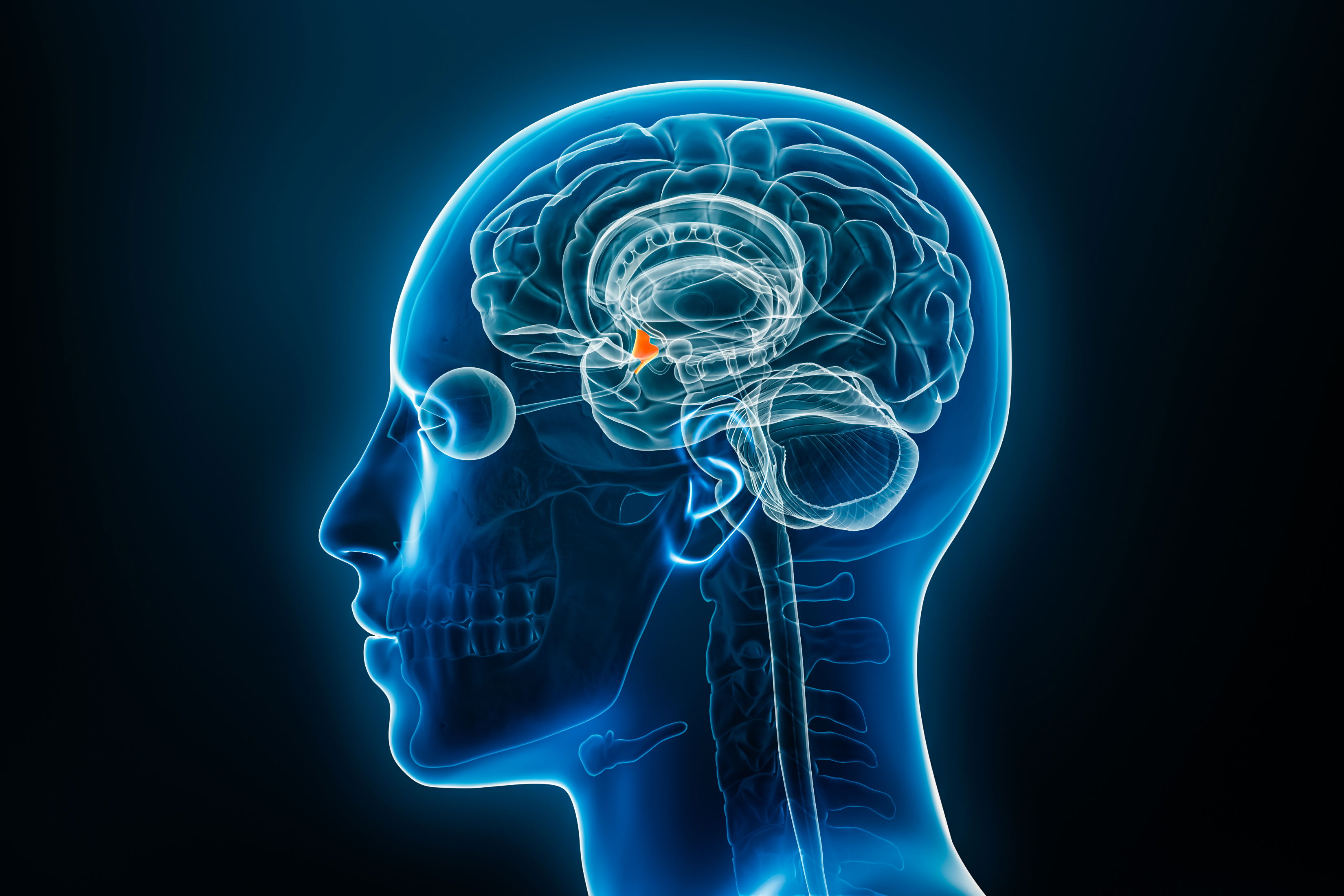The Central Nervous System
The CNS, composed of the brain and spinal cord, serves as the command center for the body, integrating sensory data, processing information, and coordinating responses.
Key Functions:
- Brain and Neurotransmitters:
- Neurotransmitters are chemical messengers that transmit signals between nerve cells, facilitating thought processes, emotions, and motor control.
- Vagus Nerve:
- This cranial nerve connects the brain to key organs like the heart, lungs, and digestive system.
- It plays a pivotal role in emotional health, regulating heart rate, and maintaining blood flow and electrical signaling.
- Memory and Sensory Integration: The Peripheral Nervous System (PNS) and Sympathetic Nervous System collect sensory data and memories, sending them to the brain for processing. These systems also manage responses to stress and relaxation
- Electrical Energy:
- The CNS transmits electrical signals to all body cells, ensuring regeneration, repair, and renewal.
- This electrical activity helps ignite cellular functions, supporting memory storage and transformation.
- Processing memory information.
- Receiving sensory information
- Balancing awareness.
- Releasing trauma from the spinal cord or entire body.

The CNS is the body's strongest system because it orchestrates the functions of every other system, ensuring harmony and survival. Its ability to process, adapt, and regenerate is foundational to physical and emotional well-being. Supporting the CNS through balanced nutrition, hydration, mindfulness, and physical activity promotes overall health and transformation.
Comments